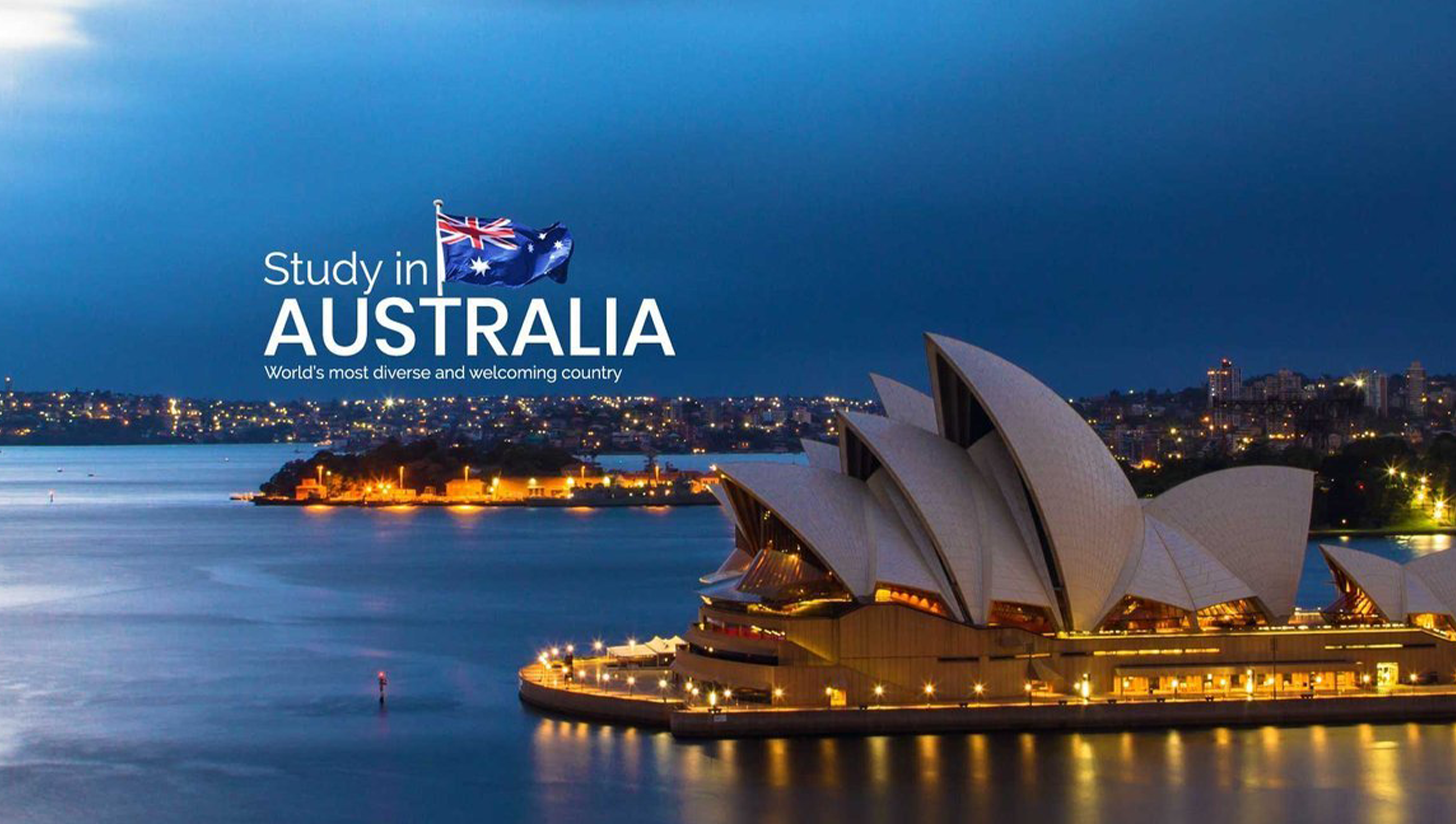The study abroad industry has always been subject to changes in global policies, and recent adjustments by leading study destinations like the UK, Canada, and Australia have significantly impacted international student mobility. These changes reflect shifting national priorities from immigration control to economic management- that significantly influence where students choose to study. Let’s explore how recent policy changes in these three countries are reshaping the landscape of global student mobility.
United Kingdom: New Restrictions on Student Dependents
The UK has long been a top destination for international students. However, the UK government has recently introduced new visa restrictions that limit the ability of postgraduate students to bring dependents unless their programs are research-based. This policy change, while aimed at reducing immigration numbers, has raised concerns among prospective students, especially those from countries where family plays an essential role in their academic journey.
For many students, the ability to bring their families was a key factor in choosing the UK as a destination. These restrictions may prompt students to reconsider their options, especially those who value family support during their academic journey. This shift could potentially affect the number of international students choosing the UK for their education, particularly in regions like South Asia, where family involvement is a crucial decision-making element.
Canada: Visa delays and Diplomatic tensions
Canada has traditionally been one of the most popular destinations for international students, thanks to its inclusive society and excellent post-graduation opportunities. However, recent diplomatic tensions with key countries and delays in visa processing have led to a decline in demand from students in regions like India, China, and parts of the Middle East.
These diplomatic issues, coupled with visa processing delays, have made Canada less predictable for prospective students. Many students are increasingly concerned about whether they will receive their visas on time and whether their study plans will be disrupted. This uncertainty has caused many students to explore alternative destinations where visa processing is more streamlined and timely, and where political stability is more assured.
Australia: Reduced Post-Study Work Rights
Australia has always been an appealing destination for global applicants due to its world-class education system and attractive post-graduation work rights. However, the Australian government has recently reduced the duration of post-graduation work rights for certain student visa categories to 2-3 years. (Previously, international students were allowed to remain in the country for up to four years to gain work experience after completing their studies.)
These developments, along with similar shifts in other major study destinations, highlight the need for students to stay updated and make well-informed decisions when planning their international education journey.
Moreover, universities around the world are adjusting their recruitment strategies to meet the changing needs of international students. Many institutions are adopting hybrid learning models, offering online courses, and forming international partnerships to provide students with more diverse study abroad options. These adaptations are designed to help students navigate the complexities of new visa policies and ensure a smooth educational experience.
Though policy changes in these major study destinations present challenges, they also create opportunities for other countries to position themselves as attractive study options. For prospective international students, making informed decisions will be essential to navigate these changes.



 Riftha
Riftha

Leave your thought here
Your email address will not be published. Required fields are marked *